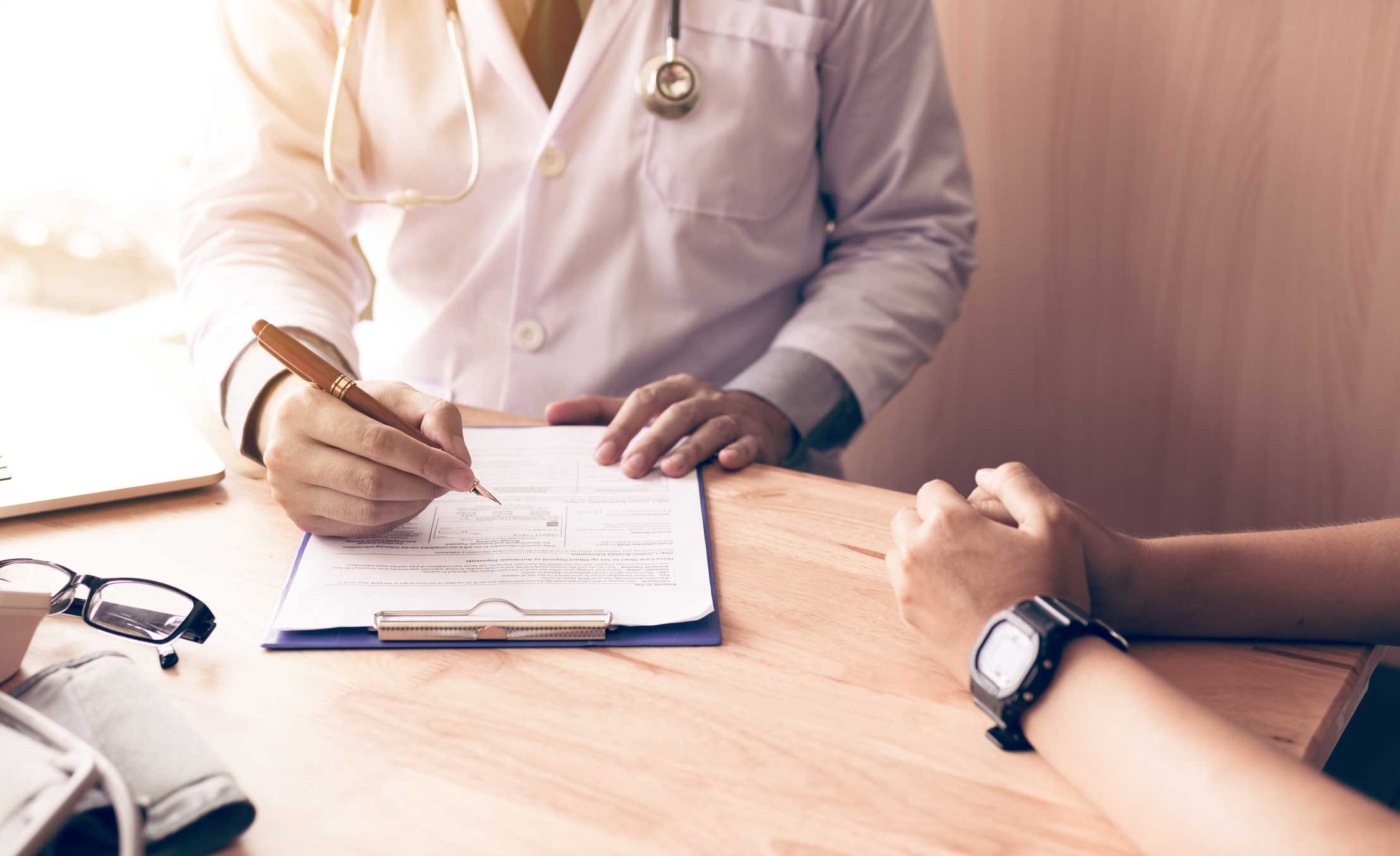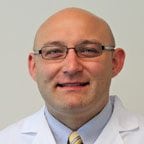<< Back
Have You Had Your Colon Screening Lately?

March 27, 2018
By Dr. Rafal Barczak
 Dr. Rafal Barczak
Dr. Rafal Barczak
Colon cancer was the second-leading cause of cancer deaths in the United States last year, but that statistic can change for the better. It is one of the most treatable forms of cancer when found early. Having regular colonoscopies starting at age 50 can save your life.
Colorectal cancer almost always develops from precancerous polyps, or abnormal growths, in the colon or rectum. Screening tests can easily detect these growths and most can be removed before they become cancerous.
To prepare for colon screenings, patients are instructed to fast for a day and then drink a heavy-duty laxative to cleanse the colon before the exam. The screening is done in an outpatient center and takes a couple of hours from start to finish. It is performed under anesthesia and is painless. Many patients tell me that the sedation provides the most restful sleep of their lives. After a colonoscopy, patients are advised to rest at home and can return to normal activity the next day. If everything looks good, you won’t need another screening for 10 years.
The American Cancer Society recommends that most people have their first colon screening at age 50, but I’d recommend starting earlier for people who are at higher risk.
Risk increases if you:
- Are of Jewish, Eastern European, African, Native American, or Alaskan Native descent.
- Have a personal or family history of colon cancer, polyps or inflammatory bowel disease or family members have had other types of cancer.
- Have an unhealthy diet, do not exercise, have Type 2 diabetes or drink or smoke heavily.
For a cancer that is so easy to detect and treat in early stages, no person should have to lose a family member to this disease. So if you’re 50 or older or in a high-risk group, schedule an appointment today – you’ll thank yourself tomorrow.
Dr. Rafal Barczak is board-certified in Colon & Rectal Surgery and General Surgery. For more information or to schedule an appointment, please call Dr. Barczak’s office at 203.238.2691.